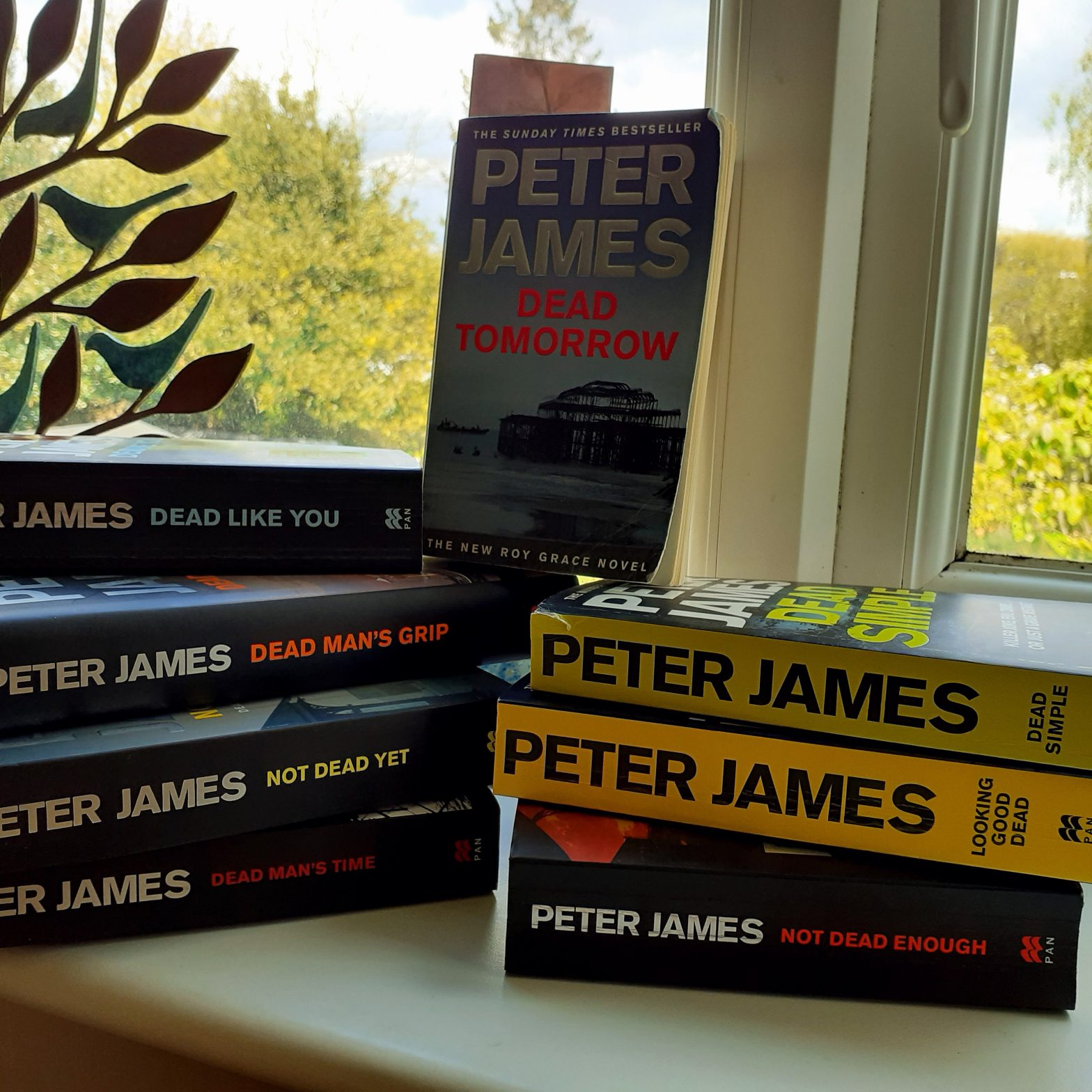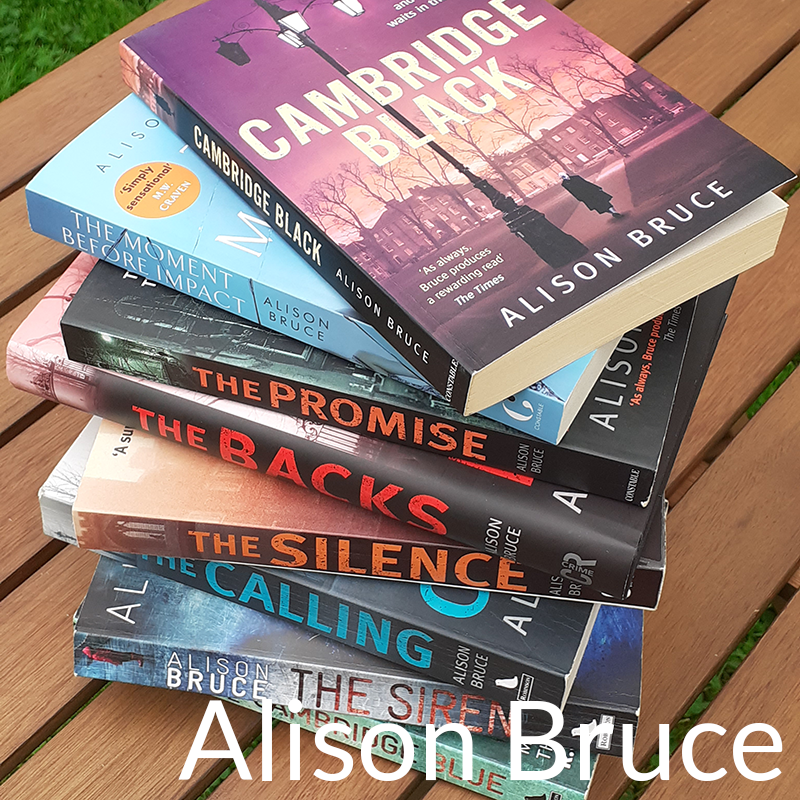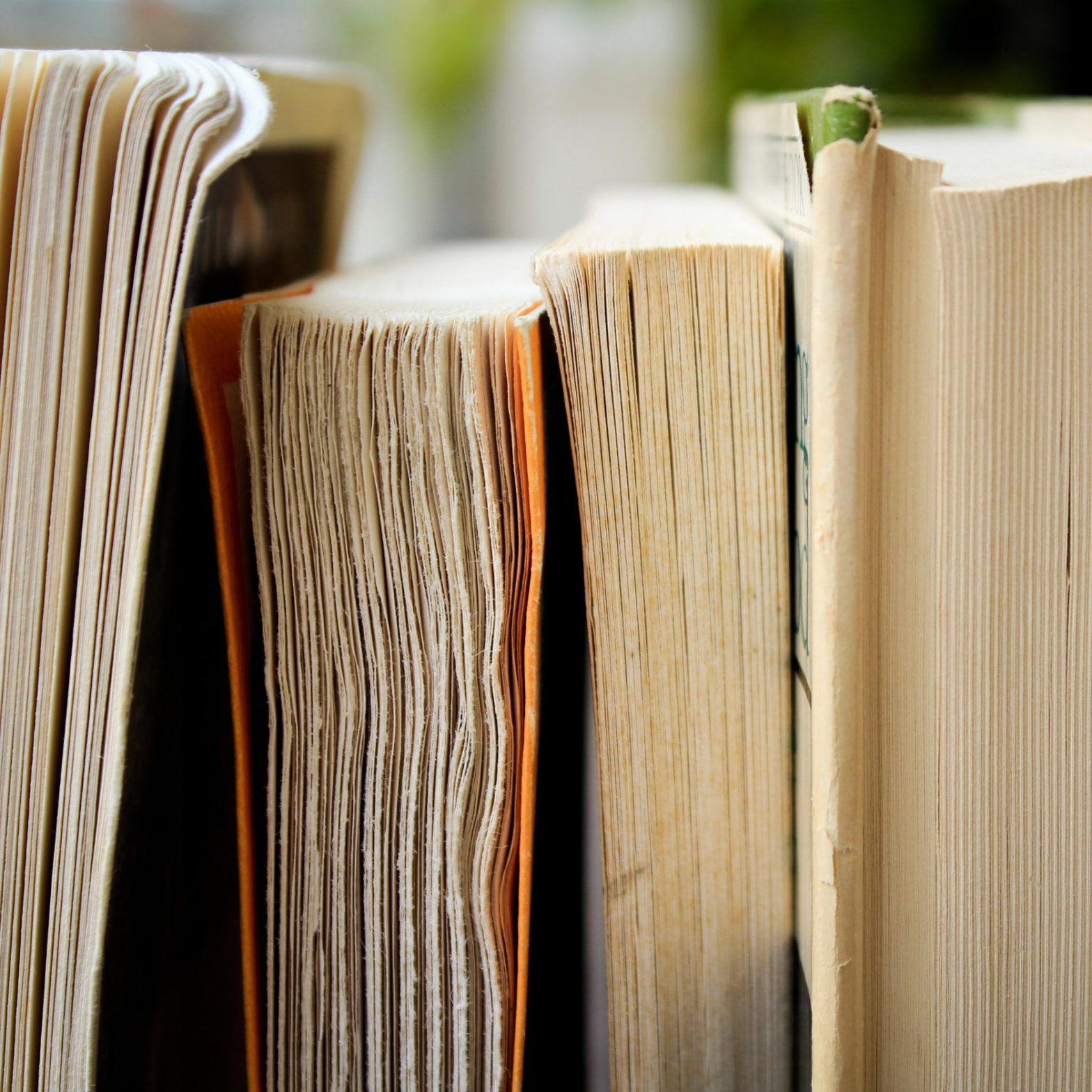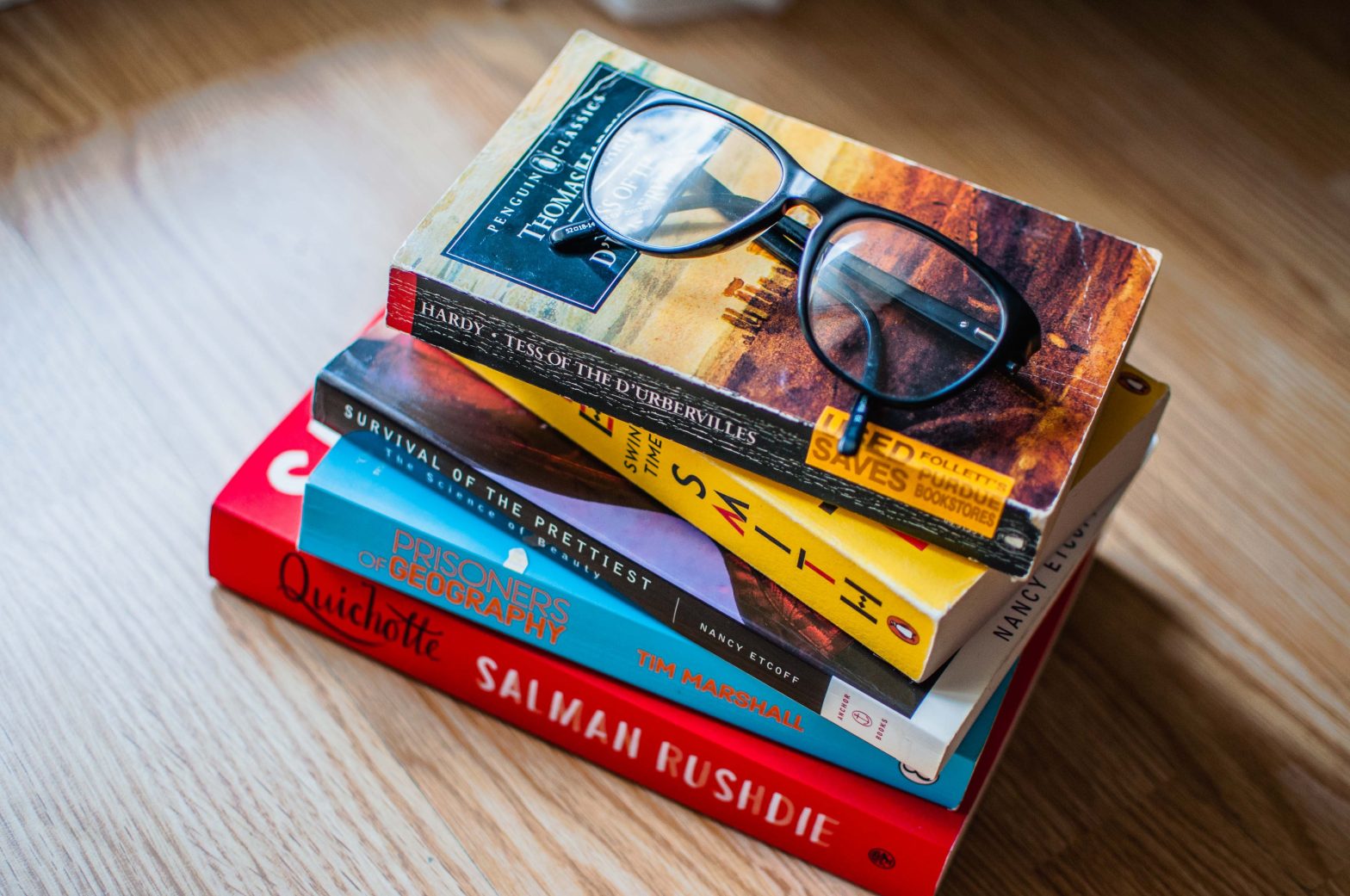At the beginning of lockdown in the spring of 2020 I thought I would make use of the extra time at home to catch up on my ever growing, and increasingly daunting ‘to be read’ pile
Category: Lockdown Reading
I know I have books that I will never open, and on a few occasions I’ve bought them just because they are beautiful to look at!
I have at times used audiobooks as company in the middle of the night, but apart from that, I have just picked the books that look like an interesting mystery.
For many years I’ve read fairly randomly; nearing the end of a novel I’d decide what was the logical successor and then illogically read something entirely different.
I favour reading fiction, with occasional biographies, usually about writers or composers.
It is very easy to put down an electronic book and forget you have it. A physical book sits by your chair, or by your bed and is a reminder to carry on reading.
Have you read more or less during lockdown, or much the same as usual?
Well, it rather depends on what you define as “usual.” Before I retired, about a year prior to Lockdown, most of my reading was done on the train during my commute.
I have steered away from pandemic themes …
I read quite a lot in normal times and so I think my reading consumption has not much changed in terms of quantity
Lockdown Reading recommendations this spring
Here are some book recommendations extracted from our contributors’ responses to our lockdown reading questions – just click on the title to read what they said about the book: The Enchanted April by Elizabeth Von Arnim Call for the Dead by John le Carré The Dutch House by Ann Patchett The House of Mirth…
With plenty of time on my hands, I have found it easier to read more demanding literature
Have you read more or less during lockdown, or much the same as usual?
I have found more time to read during lockdown and enjoyed reading whilst relaxing in my garden over the summer months. I usually just read during my commute on the train under normal circumstances.
I have a “forever book shelf” and re-read these
Have you read more or less during lockdown, or much the same as usual?
I like the feeling of holding a book in my hand rather than a tablet or phone
Yes, I have read more than usual but I have always read a lot. In the first lockdown I read more old fashioned science fiction- John Wyndham and On the Beach by Nevile Shute. A bit of a comparison with a modern day apocalyptic experience.
As we headed into lockdown I was like a possessed woman, making sure that I had enough books
I definitely read slightly more than usual at the beginning of lockdown but I think it is back to usual amounts now. As we headed into lockdown I was like a possessed woman, making sure that I had enough books.



